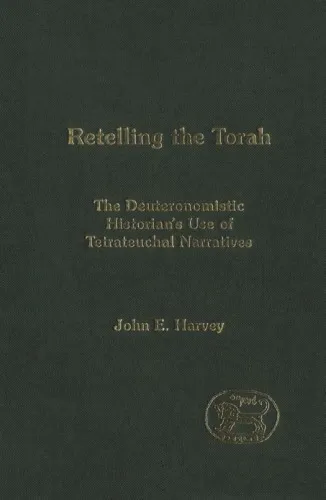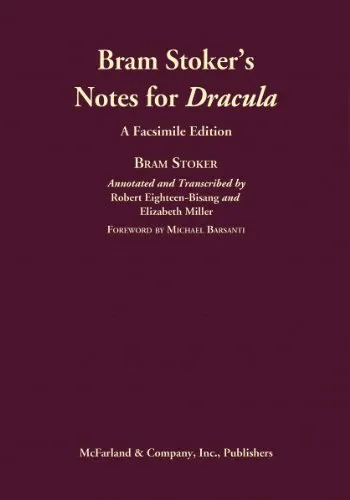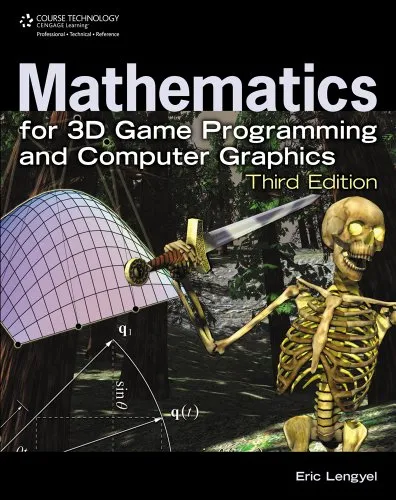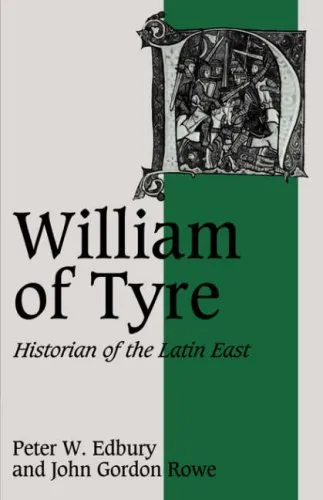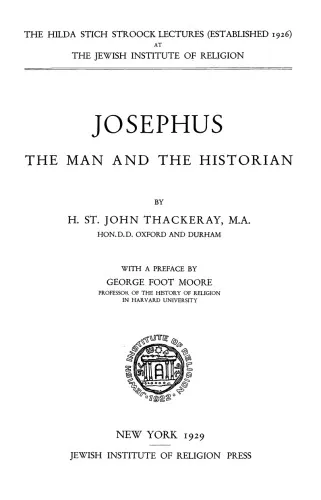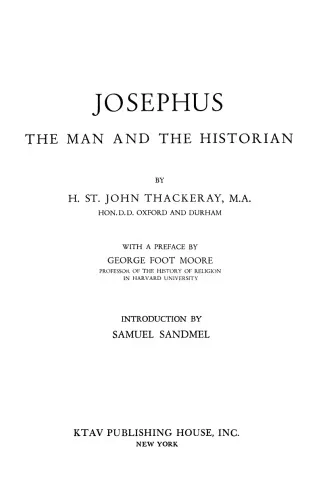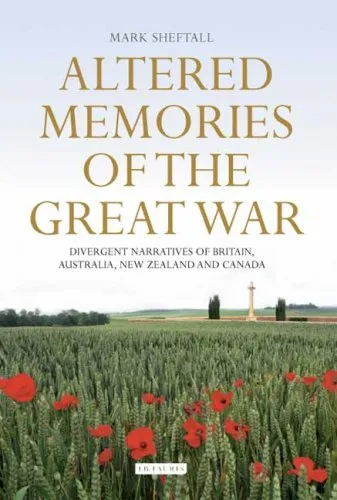Retelling the Torah: The Deuternonmistic Historian's Use of Tetrateuchal Narratives (JSOT Supplement Series)
4.3
Reviews from our users

You Can Ask your questions from this book's AI after Login
Each download or ask from book AI costs 2 points. To earn more free points, please visit the Points Guide Page and complete some valuable actions.Related Refrences:
Welcome to the detailed introduction of Retelling the Torah: The Deuternonmistic Historian's Use of Tetrateuchal Narratives, a compelling exploration of biblical compositions and their historical implications within the context of the Deuteronomistic history. As part of the JSOT Supplement Series, this book seeks to illuminate the intricate relationship between ancient narratives and their theological reinterpretations.
Detailed Summary of the Book
The book delves into the complex layers of the Deuteronomistic history, focusing on how the narratives within the Tetrateuch—the first four books of the Bible—are retold and adapted. By examining the retelling process, the book aims to uncover the intentions and methods of the Deuteronomistic historians. These ancient authors were not merely transcribers of oral traditions but were actively engaged in crafting narratives that reflected their theological visions. This meticulous study highlights the dynamic interplay between text and interpretation, revealing how narratives were reshaped to address the social and religious issues of the time.
John E. Harvey employs a critical approach, utilizing textual analysis to sift through layers of redaction, and uncover the agendas that informed the historical writings. The book also contrasts the historical facts with the theological constructs, providing readers with a nuanced understanding of how sacred history is crafted. Through a detailed examination of specific narratives like the Exodus and the Covenant at Sinai, Harvey elucidates the narrative strategies and thematic developments employed by these historians.
Key Takeaways
- Understanding the Deuteronomistic historians' role in shaping the biblical narratives.
- Insight into the theological motivations behind the retelling of key events in Israelite history.
- Recognition of the Deuteronomistic history as both a historical record and a theological document.
- An appreciation for the complexity of biblical text transmission and redaction processes.
- A broader perspective on how ancient narratives can influence contemporary theological discussions.
Famous Quotes from the Book
"The task of the historian is not only to relay facts but to imbue those facts with meaning that resonates through the ages."
"In the nexus of story and history, the Deuteronomistic historians forged a unique tapestry that speaks both to their present and to our enduring search for divine context."
Why This Book Matters
The significance of "Retelling the Torah" lies in its thorough examination of how the foundational texts of the Hebrew Bible were shaped and reshaped to serve the needs of their audiences. This work is crucial for scholars and lay readers interested in the historical and theological contexts of biblical texts. By providing insights into the minds and methods of ancient narrators, the book aids in understanding how religious beliefs are transmitted and reimagined over time. Additionally, it encourages modern readers to reflect on their interpretations of historical texts, offering a broader scope of understanding in the realm of biblical studies.
In a world where history and belief often intersect in complex ways, this book offers valuable lessons on the importance of critical engagement with sacred texts. Its scholarly yet accessible approach ensures that it serves as an essential resource for anyone wishing to deepen their understanding of biblical narratives and their lasting impact on faith and culture.
Free Direct Download
You Can Download this book after Login
Accessing books through legal platforms and public libraries not only supports the rights of authors and publishers but also contributes to the sustainability of reading culture. Before downloading, please take a moment to consider these options.
Find this book on other platforms:
WorldCat helps you find books in libraries worldwide.
See ratings, reviews, and discussions on Goodreads.
Find and buy rare or used books on AbeBooks.
1358
بازدید4.3
امتیاز0
نظر98%
رضایتReviews:
4.3
Based on 0 users review
Questions & Answers
Ask questions about this book or help others by answering
No questions yet. Be the first to ask!
